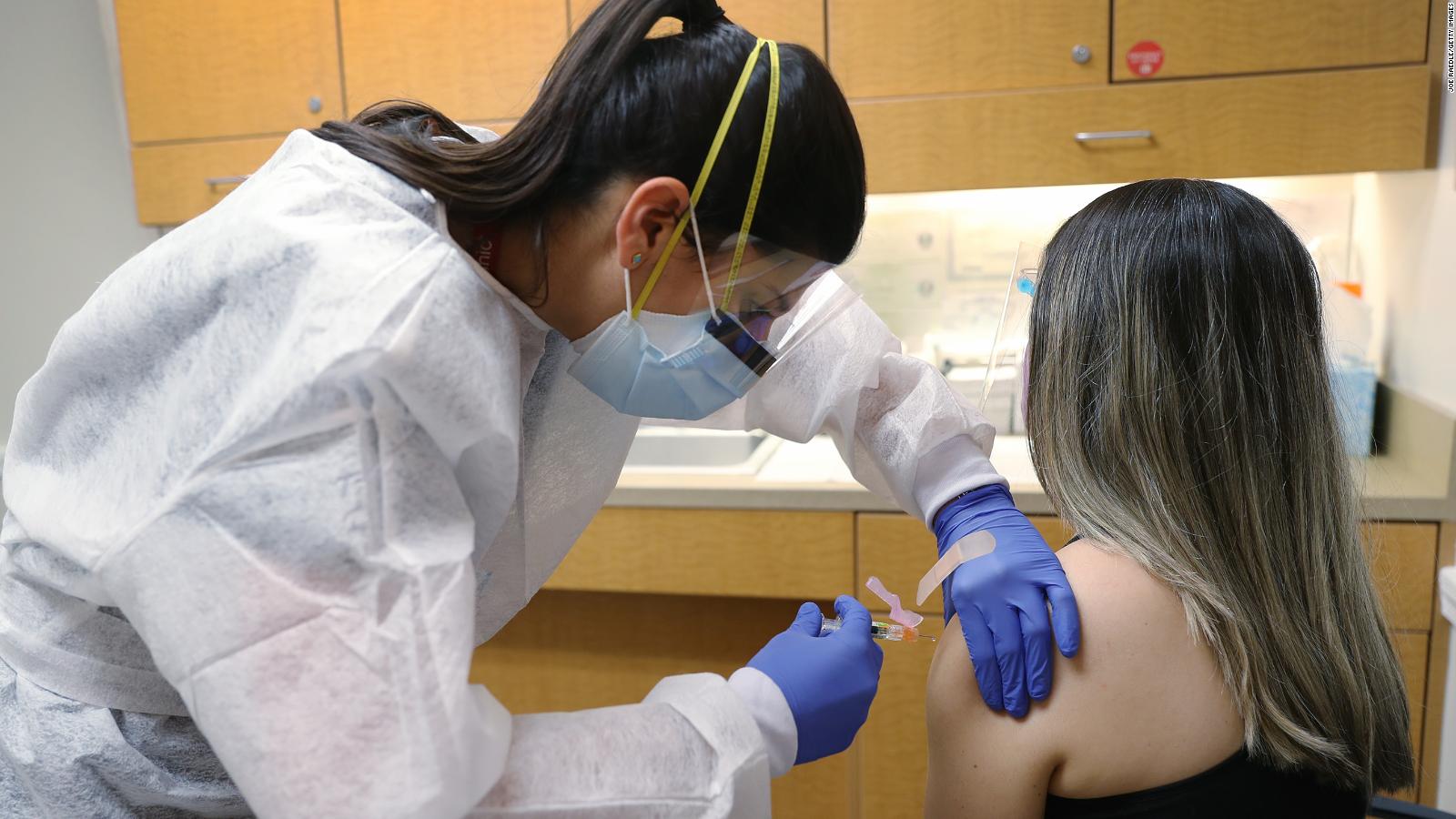Does getting infected with ómicron result in immunity to the virus?
0:58
(CNN) --
Both vaccination and prior infection help protect against new Covid-19 infections, but vaccination protects against hospitalization significantly more than natural immunity from prior infection alone, according to a study published Wednesday by the US Centers for Disease Control and Prevention (CDC).
"Although the epidemiology of COVID-19 could change as new variants emerge, vaccination remains the safest strategy to prevent future SARS-CoV-2 infections, hospitalizations, long-term sequelae, and deaths," the researchers wrote.
The researchers looked at the risk of COVID-19 infection and hospitalization among four groups of people: vaccinated with and without prior infection and unvaccinated with and without prior infection.
Case study data for approximately 1.1 million cases in California and New York between late May and mid-November 2021. Hospitalization data was only available for California.
Overall, COVID-19 case and hospitalization rates were higher among unvaccinated people who had no prior diagnosis.
How do covid-19 vaccines affect the menstrual cycle?
Expert explains 0:50
This is how immunity has been observed throughout the pandemic
Initially, those with a prior infection had higher case rates than those who were vaccinated with no history of prior infection.
As the delta variant became predominant in the US in the months that followed, this changed, with people who survived a previous infection having lower case rates than just those who were vaccinated, according to the study.
advertising
"Experts first noted previous laboratory-confirmed infections in the spring of 2021, when the alpha variant was predominant across the country. Before the delta variant, vaccination against covid-19 resulted in better protection against a subsequent infection than survive a previous infection.
However, looking at the summer and fall of 2021, when delta became dominant in this country, surviving a previous infection now provided greater protection against subsequent infections than vaccination," said Dr. Benjamin Silk, CDC's surveillance and analysis lead on the Epi-Task Force, he said in a call with media on Wednesday.
But this change coincides with a time of declining immunity to vaccines in many people.
The study did not take into account the time since vaccination, nor the potential decline in immunity, in the analysis.
The study also does not capture the effect that booster doses may have and was conducted before the appearance of the omicron variant.
During the study period, the risk of hospitalization for COVID-19 was significantly higher among unvaccinated people with no prior diagnosis of COVID-19 than any other group.
It is not too late to start getting vaccinated, emphasizes expert 0:55
"Together, the totality of the evidence really suggests that both vaccination and Covid survival provide protection against subsequent re-infection, infection and hospitalization," said Dr. Eli Rosenberg, deputy chief science officer for New York State.
"Having COVID for the first time carries significant risks, and getting vaccinated and keeping up with boosters is really the only safe option to prevent COVID infection and severe illness."
The experts also noted that the characteristics of the variants change, including how well they affect immunity from previous infections.
The CDC said in a statement that it will release additional data on COVID-19 vaccines and boosters against the dominant omicron variant later this week.















